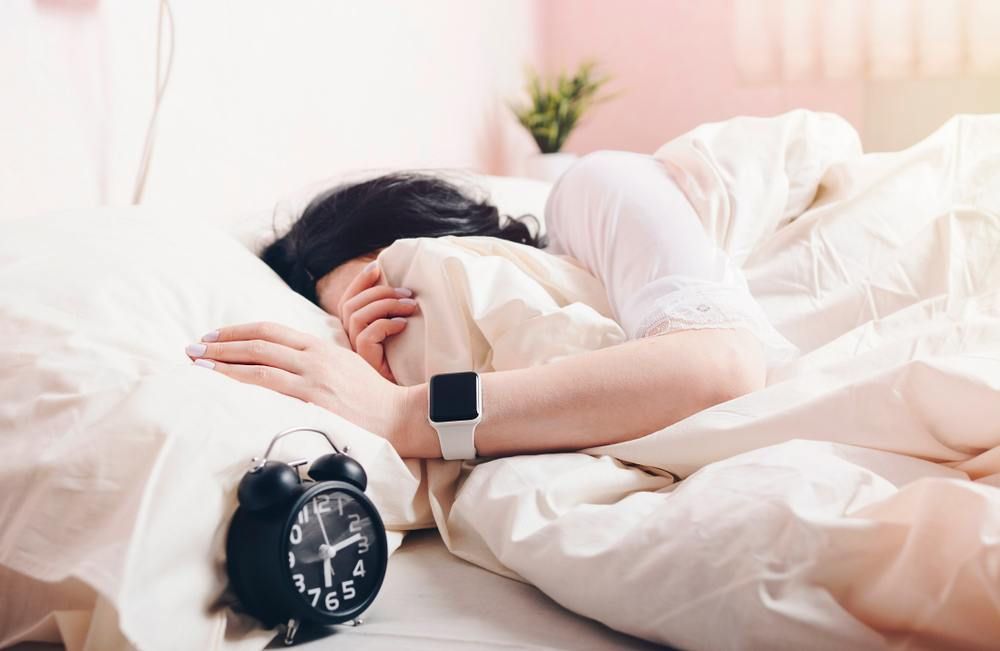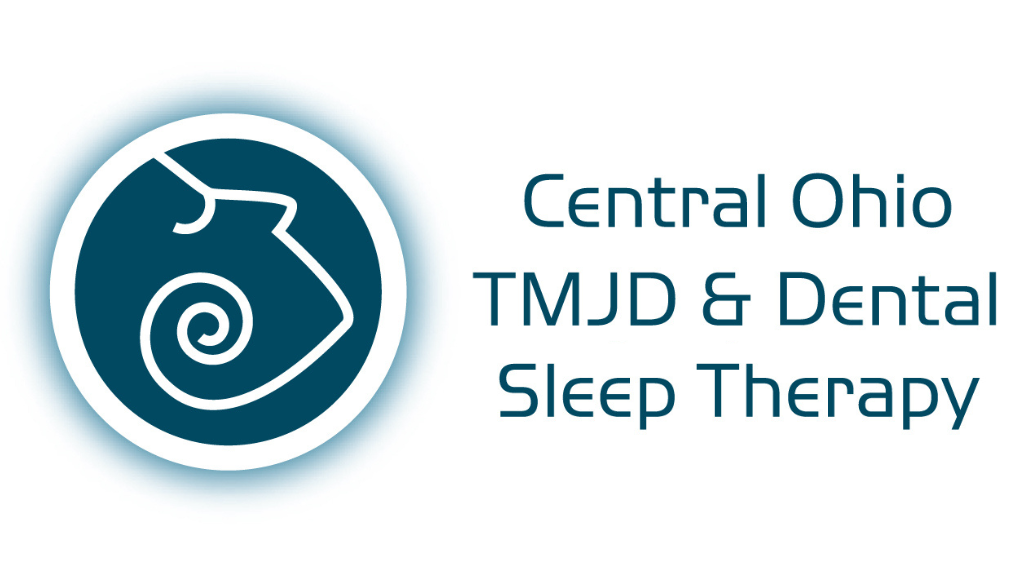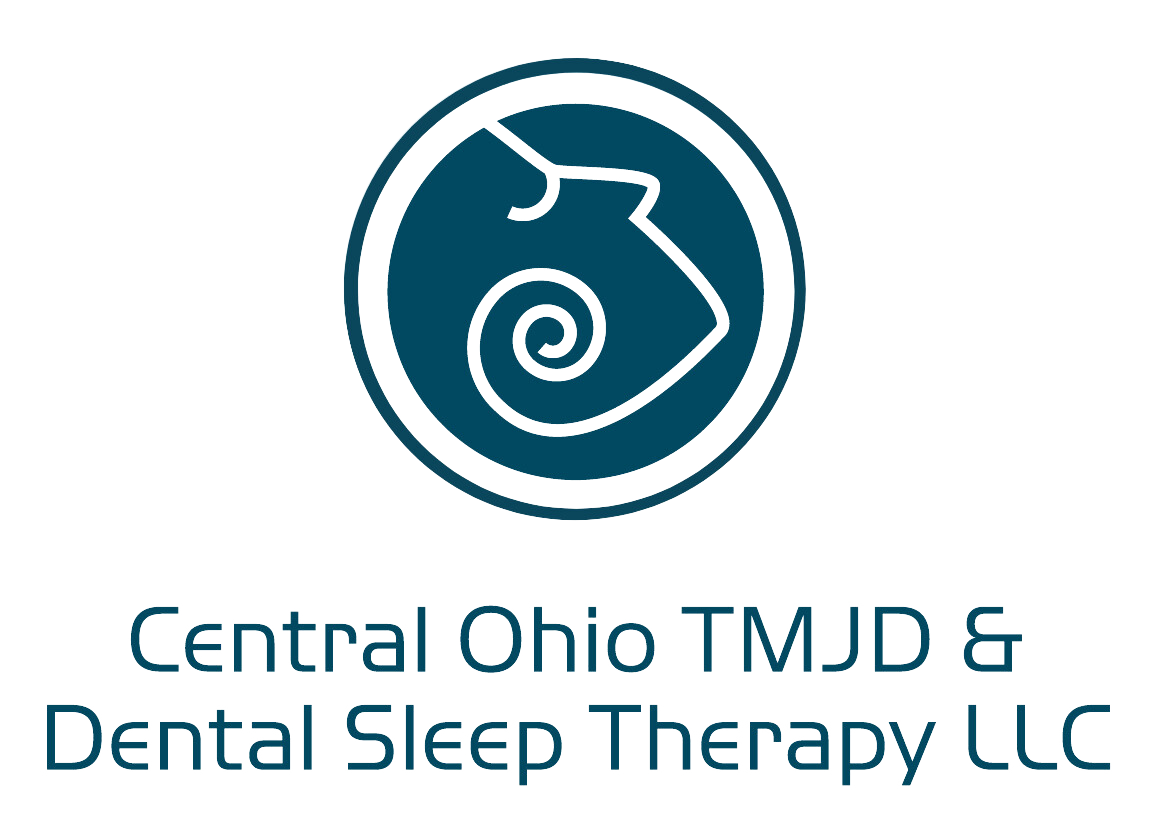November 20, 2024
Sleep apnea is a potentially serious sleep disorder affecting millions of Americans, yet it often goes undiagnosed. Traditional diagnostic methods can be cumbersome, requiring overnight studies in sleep labs or using home monitoring equipment. However, technology is taking us in an exciting new direction. The latest Apple Watch now offers groundbreaking features that could help detect possible sleep apnea, empowering individuals to take control of their health like never before. What is Sleep Apnea, and Why Does it Matter? Sleep apnea is characterized by repeated interruptions in breathing during sleep. These interruptions can last from a few seconds to minutes and occur dozens or even hundreds of times a night. Symptoms include snoring, gasping for air, excessive daytime sleepiness, and difficulty concentrating. If left untreated, sleep apnea can lead to severe health complications, including high blood pressure, heart disease, stroke, and diabetes. Diagnosing the condition early is essential for managing symptoms and reducing health risks. That’s where the Apple Watch is stepping in to make a difference. Apple Watch's Sleep Apnea Detection: How Does It Work? The Apple Watch has long been a leader in wearable health technology, and its newest iteration raises the bar with advanced sleep monitoring capabilities. Leveraging a combination of sensors, algorithms, and user-friendly apps, the watch provides insights into your sleep patterns, heart rate, blood oxygen levels, and respiratory rate. Here’s how the Apple Watch can assist in detecting potential sleep apnea: 1. Blood Oxygen Monitoring: A drop in blood oxygen levels during sleep is a common indicator of sleep apnea. The Apple Watch’s SpO2 sensor measures blood oxygen saturation levels in real time, offering critical insights that can point to possible breathing disturbances. 2. Heart Rate Variability Tracking: Sleep apnea episodes often cause fluctuations in heart rate. The Apple Watch continuously monitors your heart rate and can flag irregularities that might suggest an issue. 3. Sleep Tracking with Respiratory Data: By analyzing your breathing patterns during sleep, the Apple Watch provides data that can help detect irregularities like apnea events. While the Apple Watch is not a medical device and cannot diagnose sleep apnea, its ability to provide detailed data makes it an invaluable tool for individuals to share with healthcare providers. Benefits for Patients The introduction of sleep apnea detection on a widely accessible device like the Apple Watch has far-reaching implications for patient care. Here are some of the key benefits: - Early Awareness: Many individuals are unaware they have sleep apnea until symptoms become severe. The Apple Watch provides an early warning system, prompting users to seek professional evaluation. - Convenience: Unlike traditional sleep studies, the Apple Watch gathers data passively while you sleep, eliminating the need for specialized equipment or visits to a sleep lab. - Empowered Patients: With access to detailed health data, individuals can take a proactive role in managing their sleep health, whether by consulting a physician or making lifestyle adjustments. - Cost-Effectiveness: While a full sleep study remains the gold standard for diagnosis, the Apple Watch offers a lower-cost entry point for identifying potential issues. What This Means for Healthcare Providers For sleep and TMJ specialists, the Apple Watch’s sleep apnea detection features represent an opportunity to engage with patients in new ways. Patients arriving with detailed data from their watch may streamline the diagnostic process, allowing providers to focus on treatment solutions sooner. Moreover, integrating wearable data into treatment plans can improve compliance and outcomes. By tracking progress and identifying ongoing issues, healthcare providers can tailor therapies like oral appliance therapy or CPAP more effectively. The Role of Sleep Specialists While the Apple Watch is a powerful tool, it’s important to emphasize that it is not a substitute for professional diagnosis and treatment. If your Apple Watch flags potential signs of sleep apnea, the next step is to consult with a qualified sleep specialist. A comprehensive evaluation can confirm the diagnosis and determine the best course of action. At The Central Ohio TMJD and Dental Sleep Therapy Center, we specialize in diagnosing and treating sleep apnea, offering solutions tailored to each patient’s unique needs. Whether you’re exploring oral appliances or seeking alternatives to CPAP, our team is here to help you achieve restful, healthy sleep. Take Charge of Your Sleep Health Today Are you experiencing symptoms of sleep apnea or receiving alerts from your Apple Watch about irregularities in your sleep patterns? Don’t wait to take action. At The Central Ohio TMJD and Dental Sleep Therapy Center, we specialize in expert evaluation and treatment for sleep apnea, ensuring you receive personalized care tailored to your needs. Contact us today at 614-890-1571 to schedule a consultation and take the first step toward better sleep and better health. Your journey to restful nights starts here!










